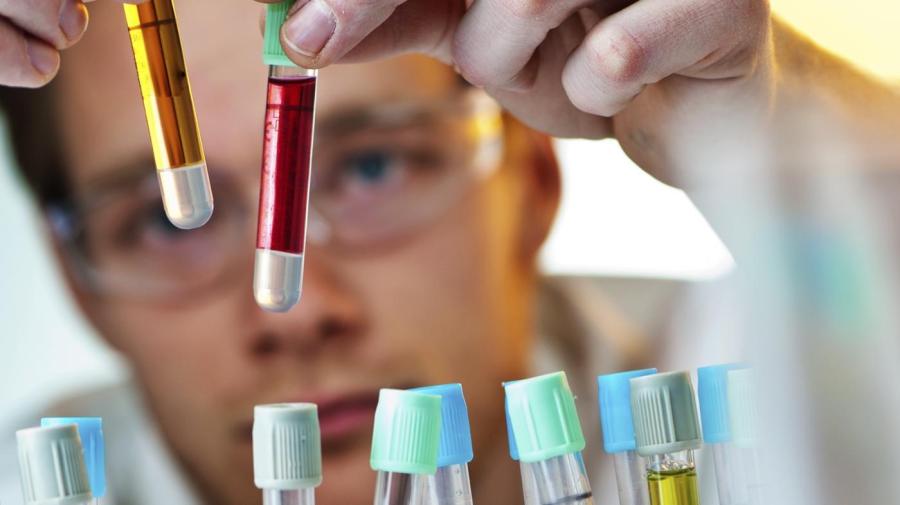What Is the Purpose of an Experiment?

The purpose of an experiment is to test a hypothesis and draw a conclusion. When a scientist has a question about the world or a fact that they wish to prove, they experiment.
Experimentation is one of the key parts of the scientific method. Under the scientific method, a scientist asks a question or forms a hypothesis. Then, based on research or prior knowledge of the issue at hand, the scientist designs an experiment to test that hypothesis. The scientist generally performs the experiment several times until the he has a significant amount of data. After analyzing the data derived from the experiment, the scientist draws a conclusion.
So that they can get an accurate conclusion, responsible scientists need to run fair experiments. There are a number of ways to make an experiment fair, but when comparing the performance of two or more subjects, the best way to make the experiment fair is by only including a single variable.
For instance, if a scientist wants to compare how quickly different objects fall when dropped off of a high structure, the objects should be the only variable. All of the other factors in the experiment – like the height of the drop and the wind resistance – need to be the same.
It is important to remember that not all experiments draw concrete conclusions. Sometimes, the result of an experiment inspires the scientist to create another hypothesis, and that necessitates even more experimentation.





